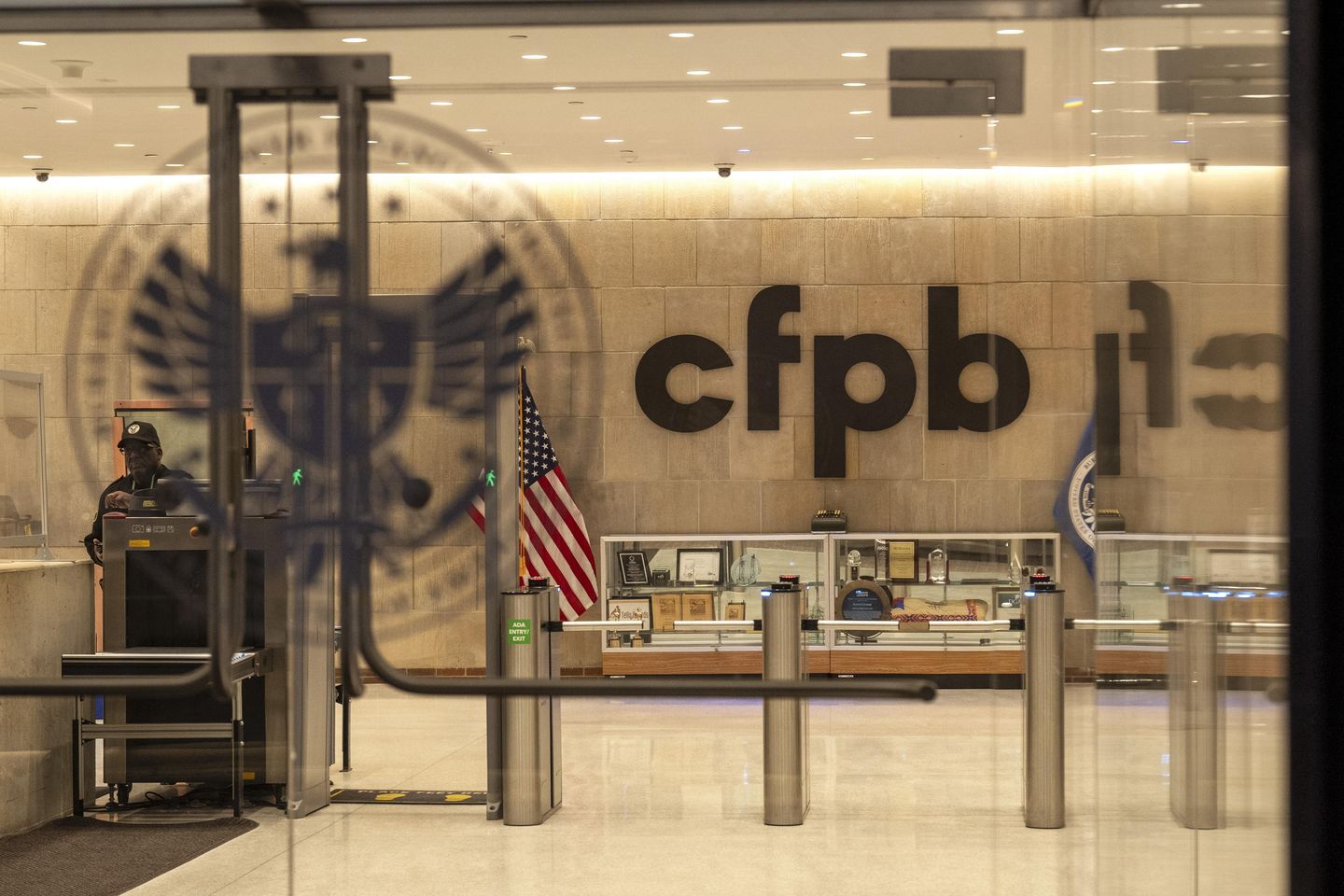In a recent legal development, a federal judge has opted not to intervene regarding President Trump’s actions at the Consumer Financial Protection Bureau (CFPB). The ruling was made on the grounds that it is currently premature to make a judgement on what the Trump administration is planning or implementing at the CFPB, often referred to as the Wall Street cop.
The Consumer Financial Protection Bureau was created in the aftermath of the 2008 financial crisis, with the aim of shielding consumers from reckless and deceptive financial practices. The bureau is responsible for ensuring that banks, lenders, and other financial institutions are held accountable for their actions and are not exploiting consumers. Consequently, the bureau has been the focus of ongoing political debates and legal battles. This is due to its significant influence on Wall Street and its potential to impose hefty fines on financial institutions that violate consumer protection laws.
President Trump has been actively involved in reshaping the bureau since assuming office, with his actions attracting both praise and criticism. Supporters of Trump’s approach believe that the bureau had overstepped its mandate under the Obama administration, stifling economic growth and innovation with unnecessary regulations. They argue that Trump’s moves are necessary to balance the bureau’s oversight role with the need for a vibrant, competitive financial sector that benefits consumers.
Critics, on the other hand, claim that Trump’s interventions could weaken the bureau’s ability to protect consumers. They fear that reducing the bureau’s power could pave the way for a repeat of the reckless lending practices that led to the 2008 financial crisis.
The federal judge’s decision not to interfere in President Trump’s actions at the CFPB has been met with mixed reactions. Some legal experts have lauded the decision, stating that it underscores the principle of judicial restraint and respects the separation of powers. They argue that it is the role of the executive branch, not the judiciary, to shape policy at federal agencies like the CFPB.
Others have expressed concern, suggesting that the judge’s decision could be interpreted as a tacit endorsement of Trump’s actions at the CFPB. These critics fear that this could embolden the administration to continue making changes at the bureau that could potentially compromise consumer protection.
Regardless of these varying perspectives, the judge’s ruling does not conclusively determine the fate of the CFPB under the Trump administration. It merely suggests that it may be too early to fully understand or predict the administration’s plans for the bureau.
The decision to not interfere also raises questions about the future of the CFPB and its role in consumer protection. If the Trump administration continues to reshape the bureau, it could significantly impact its ability to regulate financial institutions and protect consumers. This in turn could have broad implications for the financial sector and the economy as a whole.
In summary, the federal judge’s decision to not interfere with President Trump’s actions at the CFPB has sparked a range of reactions. The ruling underscores the ongoing debate about the bureau’s role, its impact on the financial sector, and the balance between consumer protection and economic growth. While the implications of this decision are not yet clear, it serves as a reminder of the ongoing political and legal battles surrounding the CFPB and its work. As the Trump administration continues to shape its approach to the bureau, watchers will be keen to see how these developments unfold.









